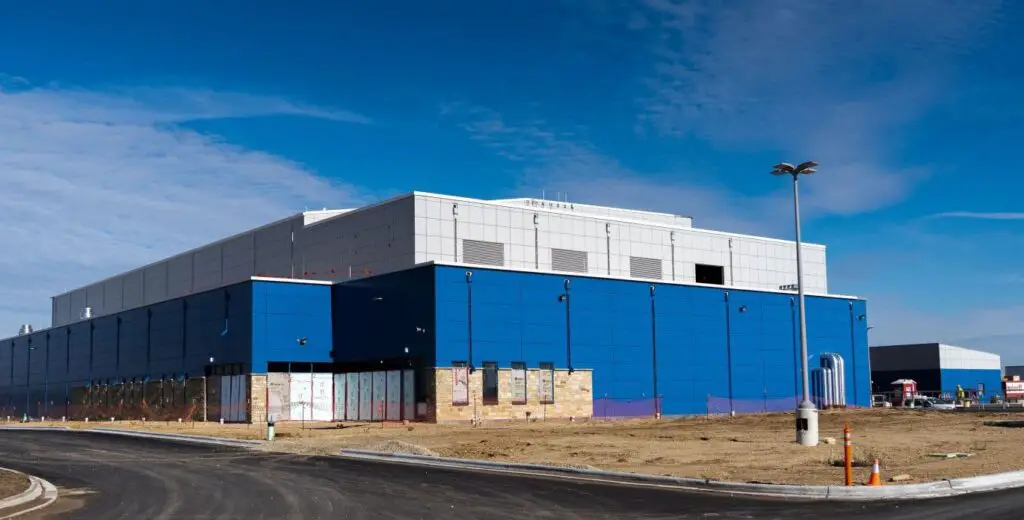SHINE Technologies Raises $70 Million to Revolutionize Fusion Technology
Janesville-based SHINE Technologies, a leading manufacturer of medical isotopes, recently announced the successful closure of a $70 million funding round. This impressive investment will provide SHINE Technologies with the necessary resources to advance the development and commercialization of their groundbreaking fusion technology, which has applications in the industrial, defense, and healthcare sectors.
The Largest Production Facility for Lutetium-177 Now Open
Earlier this year, SHINE Technologies proudly unveiled the largest production facility in North America dedicated to the production of Lutetium-177, one of the company’s essential medical isotopes. Having commenced production of Lutetium-177, also known as Lu-177, in April 2021, SHINE Technologies is positioned to significantly impact the field of cancer treatment.
Targeted Radiation Therapy for Effective Cancer Treatment
Lu-177 is a radioactive agent that, when combined with a cancer-seeking molecule, delivers precisely focused radiation to cancer metastases. This groundbreaking treatment selectively eliminates cancer cells while minimizing damage to surrounding healthy tissues. At its full capacity, SHINE Technologies’ state-of-the-art facility has the potential to produce up to 200,000 life-saving treatment doses annually.
A Vision to Revolutionize Fusion Technologies and Energy
According to Greg Piefer, the esteemed founder and CEO of SHINE Technologies, the company’s primary mission is to introduce cost-effective fusion technologies that address global challenges. With a long-term goal of providing economical fusion energy, SHINE Technologies sets itself apart by adopting a pragmatic, market-driven approach. The recent funding round is expected to propel the company through several significant milestones, leading to profitability and further advancement of fusion technology in various sectors, including medicine, manufacturing, and energy.
SHINE Technologies: Meeting the Demand for Medical Isotopes
SHINE Technologies aspires to become the industry’s sole vertically integrated producer of Lu-177, ensuring a dependable and scalable supply of this vital isotope. By overcoming existing supply chain limitations, SHINE Technologies aims to meet the growing demand for Lu-177, revolutionizing cancer treatment options. Additionally, the company manufactures Mo-99, an isotope that decays into an essential imaging agent used in 40,000 diagnostic medical procedures daily in the United States.
Accelerating the Availability of Life-Saving Medicine
SHINE Technologies is rapidly expanding its production of Lu-177 to expedite the delivery of life-saving medicine to cancer patients. This achievement is yet another testament to the company’s commitment to leveraging its technology for the betterment of society. Moreover, SHINE Technologies actively contributes to the aerospace, space, and defense sectors through its neutron inspection and radiation effects testing businesses. These innovative applications enhance safety standards and ensure the well-being of individuals worldwide. The success stories from these ventures lay the foundation for SHINE Technologies to garner value, credibility, and ultimately achieve affordable fusion energy.
Looking Ahead to a Bright Future
With the substantial funding secured, SHINE Technologies is well-positioned to continue pushing the boundaries of fusion technology. The company’s relentless pursuit of innovation, guided by a customer-centric approach, holds incredible promise for the future. As SHINE Technologies advances in its mission to revolutionize fusion technologies, the potential benefits extend far beyond the realms of medicine, manufacturing, and energy. By harnessing the power of fusion, the world stands to benefit from cost-effective, sustainable, and abundant energy sources.


